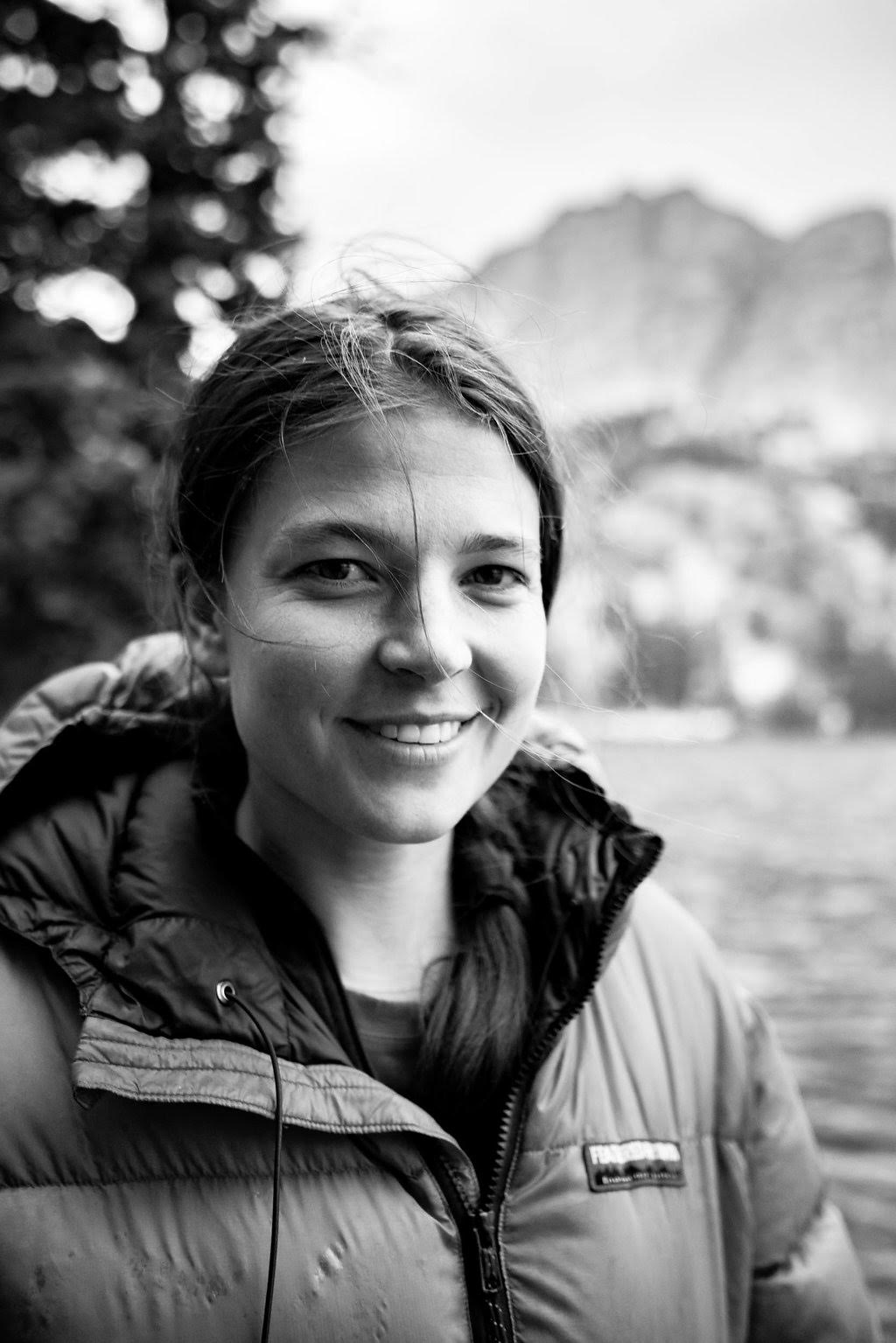Integrating Research and Careers on the Phenotype
A National Science Foundation Research Traineeship (NRT)
EXPAND Fellows
2023-24 FELLOWS
Kendall is a 4th year Ph.D. student in the Siegrist lab studying brain development. She is particularly interested in how temporal and spatial cues intersect to determine how and when neurogenesis occurs during development, using the model organism Drosophila melanogaster. In her free time Kendall loves to watch the Kansas City Chiefs win super bowls, do puzzles, and spend time with her dog Harrison.
Kendall Branham
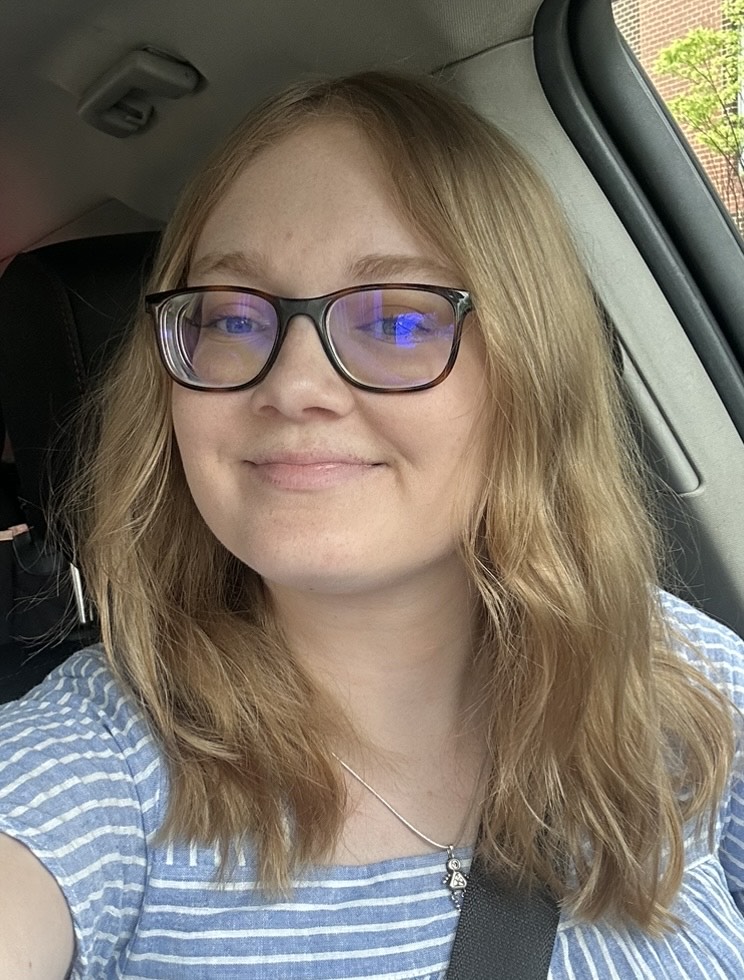
Louis Bubrig
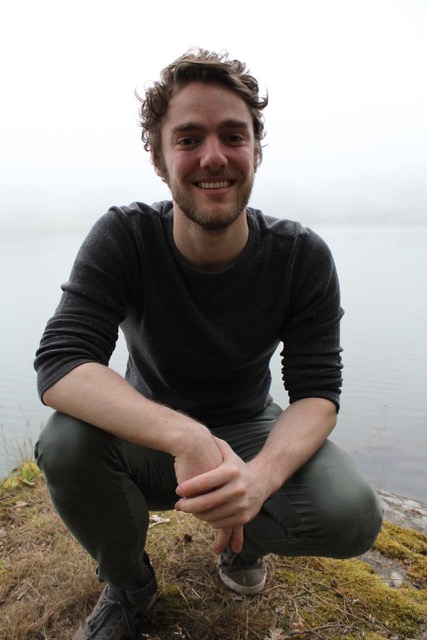
Louis Bubrig is a PhD candidate in Dr. Mandy Gibson’s coevolution lab in the Biology Department. He studies the evolution of host dispersal and migration as strategies to avoid parasites. He uses a combination of laboratory experiments, computer simulations, and experimental evolution to understand how host species evolve complex dispersal strategies to balance the benefits of habitat use with the risks of parasite spread. Outside the lab, Louis enjoys playing chess, growing food, and reading on the porch.
Internship: Morven Kitchen Garden
Robert Porter
Robert Porter is a PhD candidate in the biology department on the Evolution and Ecology track at UVA. He is interested in how organisms adapt to environments that change through time. His research on the model organism Daphnia pulex combines ecological observations, laboratory experiments, and genomic analysis to explore how Daphnia have adapted to temporally heterogeneous environments, namely in response to seasonal drying of their ponds. When not in the lab, he enjoys hiking, trying new bread recipes, keeping fish, and reading.
Internship: Bonumose
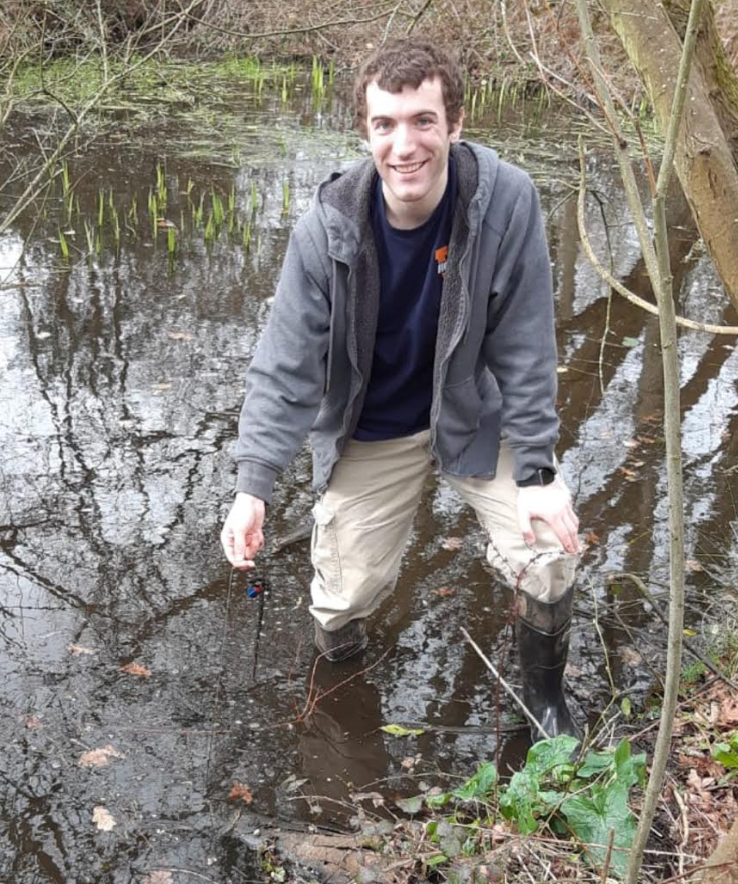
Kelsey "Kels" Schoenemann is a PhD candidate in the Department of Environmental Sciences at the University of Virginia. She is investigating how human land use decisions impact bumble bee (Bombus spp.) fitness and pollen foraging. Their research of captive and wild bumble bees combines field observations, spatial datasets, and molecular genetics to explore the linkages between land use, foraging, and fitness. When not in the lab/field, Kelsey is known to spend time in their garden watching the birds, bugs, and bees, on the couch watching TV shows and movies, or in bed reading non-fiction and sci-fi books.
Internship: UVA Repair Lab
Kelsey Schoenemann
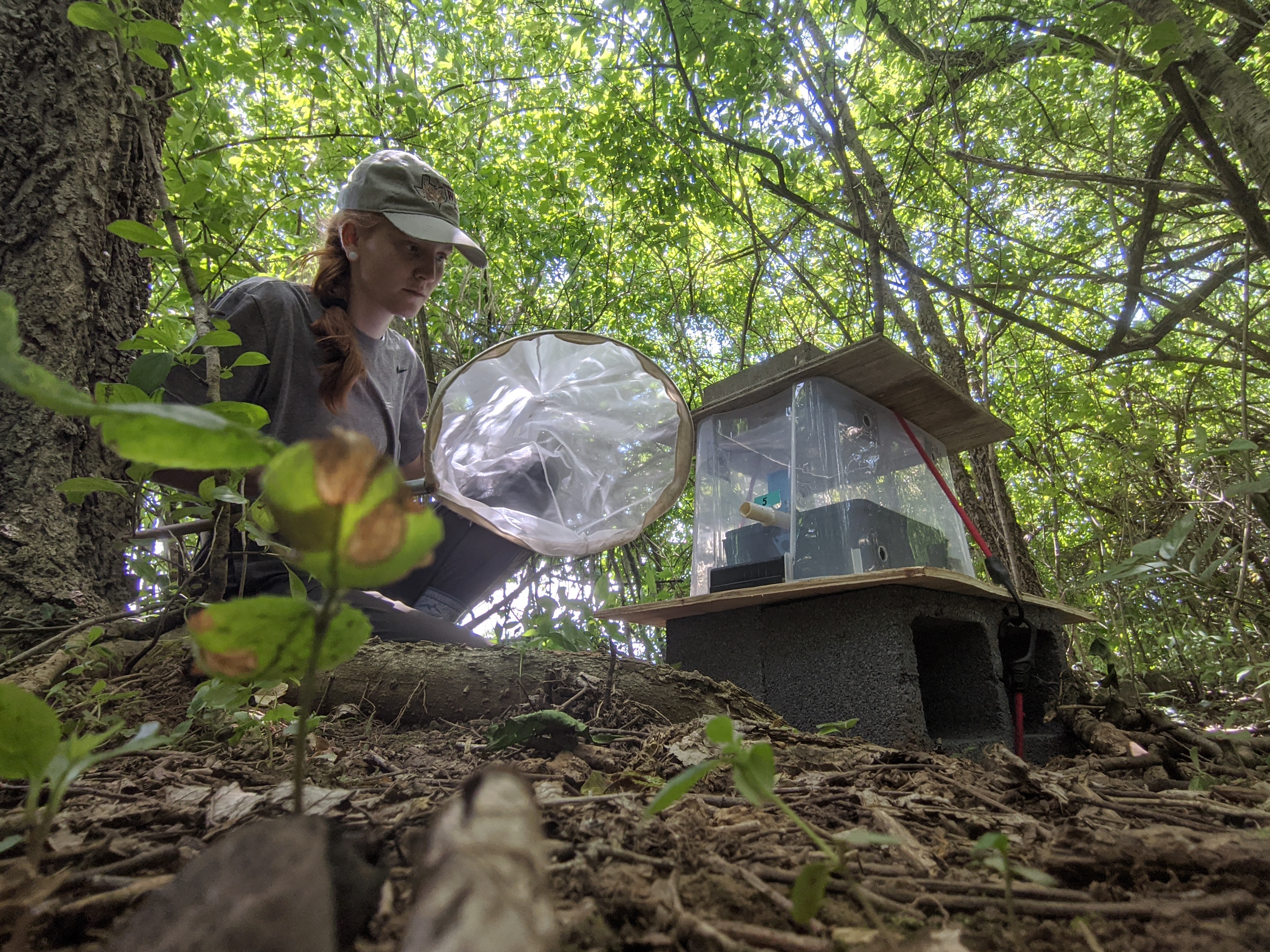
Cabell Williams
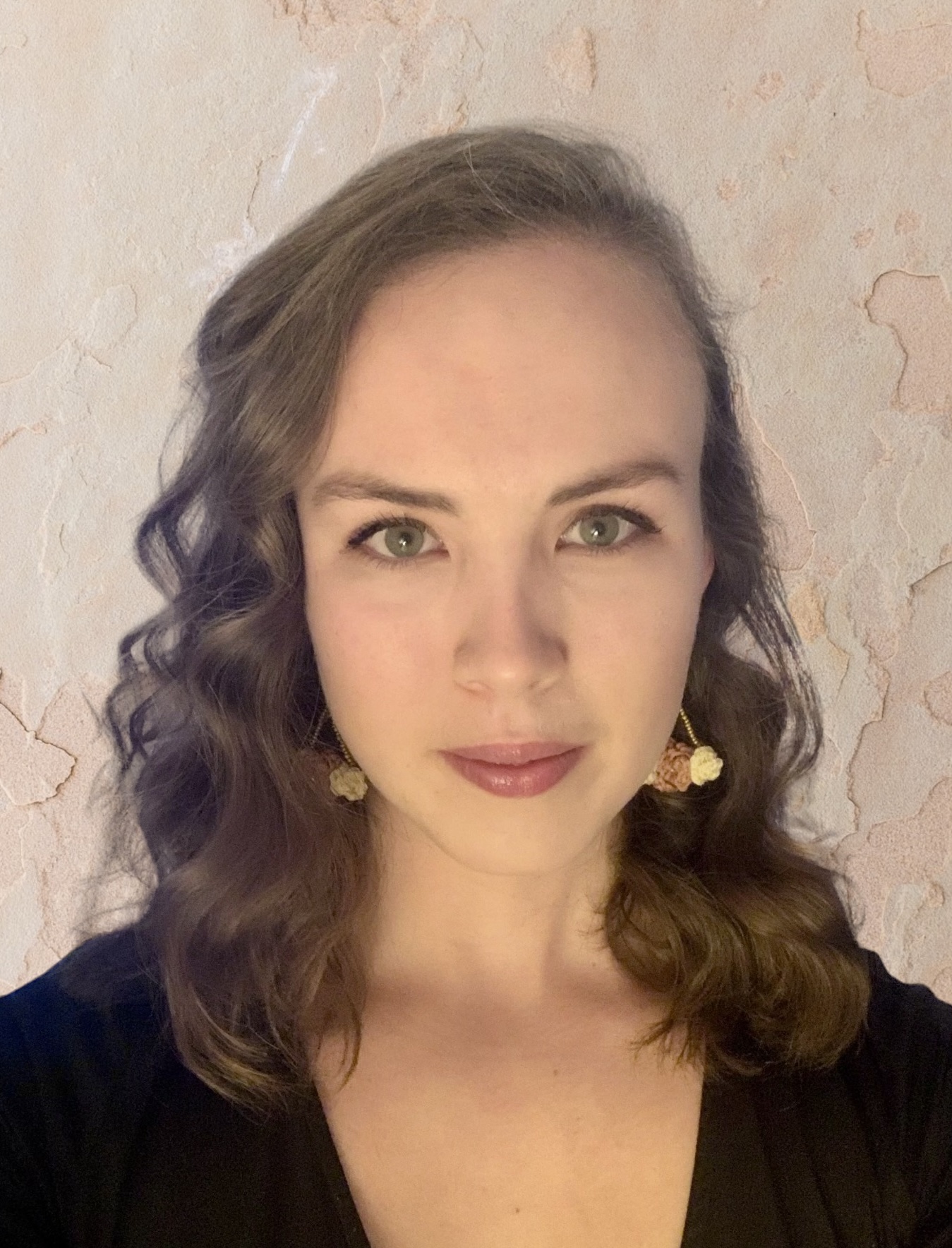
Cabell is a 4th year PhD candidate studying under Dr. James Morris (Psychology) and Dr. Meghan Puglia (Neurology). She studies the interplay between the environment, hormones, and epigenetics on the neural correlates of social tactile processing in early infancy. She has developed UVA's first infant neuroimaging research program and is integrating observed and self-report measures of parent-infant synchronous behaviors with genetic and hormonal salivary assays to achieve a more holistic understanding of early development. Outside of her time in the lab, she spends her time reading novels, lifting weights, cooking, crafting, and hanging out with friends.
2022-23 Fellows
Lillian Dillard
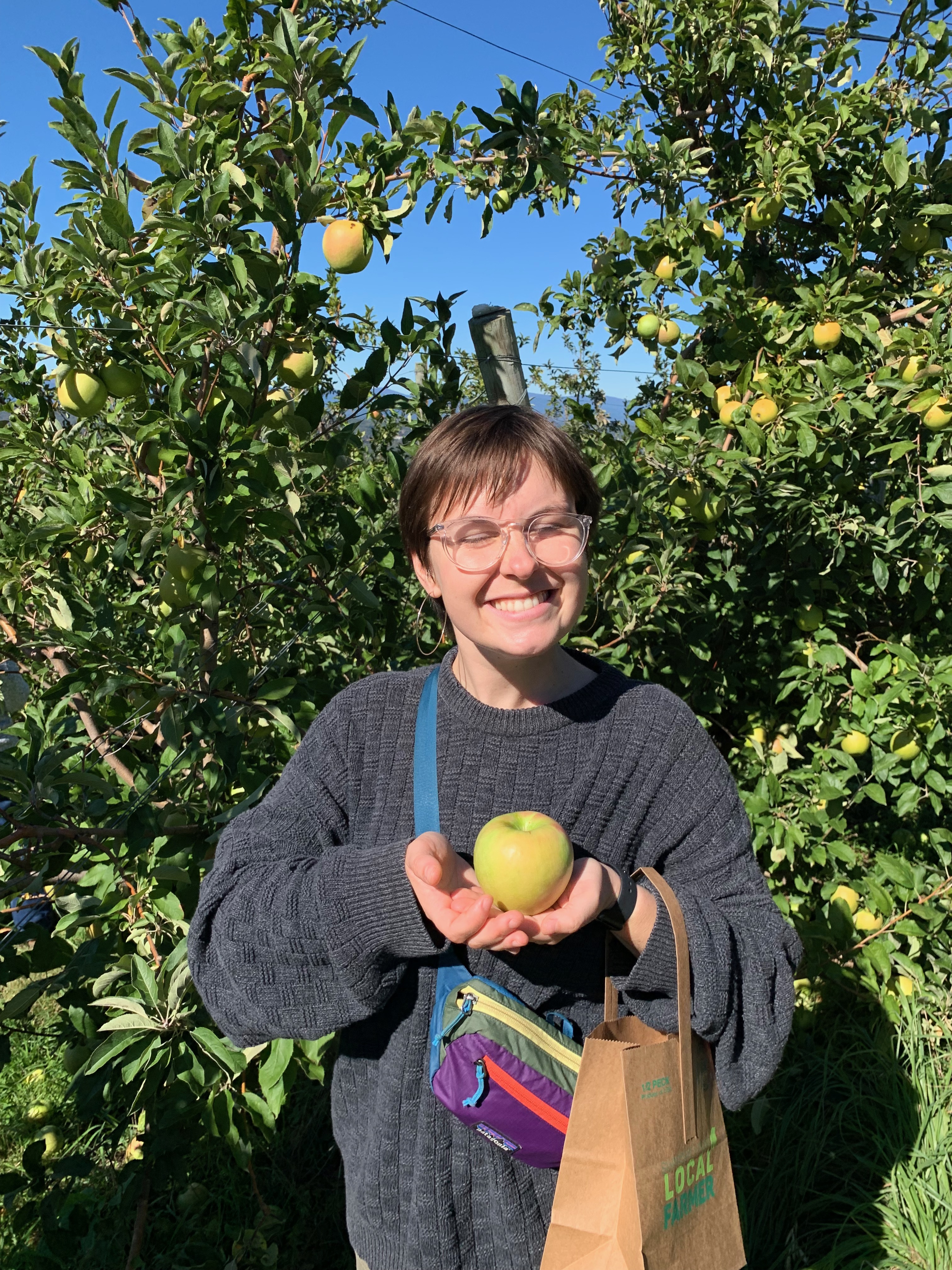
Lillian Dillard is in Dr. Jason Papin's lab in the Biochemistry and Molecular Genetics department here at UVA. Her research uses a computational systems biology approach to study the functional metabolism of Gardnerella, the primary pathogen in bacterial vaginosis (BV). She hopes to improve treatment efficacy and reduce rates of BV recurrence through a better understanding of Gardnerella's metabolism in the biofilm state.
In her free time, Lillian can be found at the dog park, updating her Goodreads, or eating ice cream.
Lizzie Godschall is a Biology PhD candidate co-mentored in John Campbell and Ali Guler’s labs. She is studying the intersection of circadian biology and neuroscience in the context of feeding circuitry and energy balance. She is utilizing single cell genomics, along with metabolic and behavioral phenotyping to understand the longstanding mystery of the food entrainable oscillator. In her spare time, Lizzie enjoys running, playing tennis, and baking.
Elizabeth Godschall
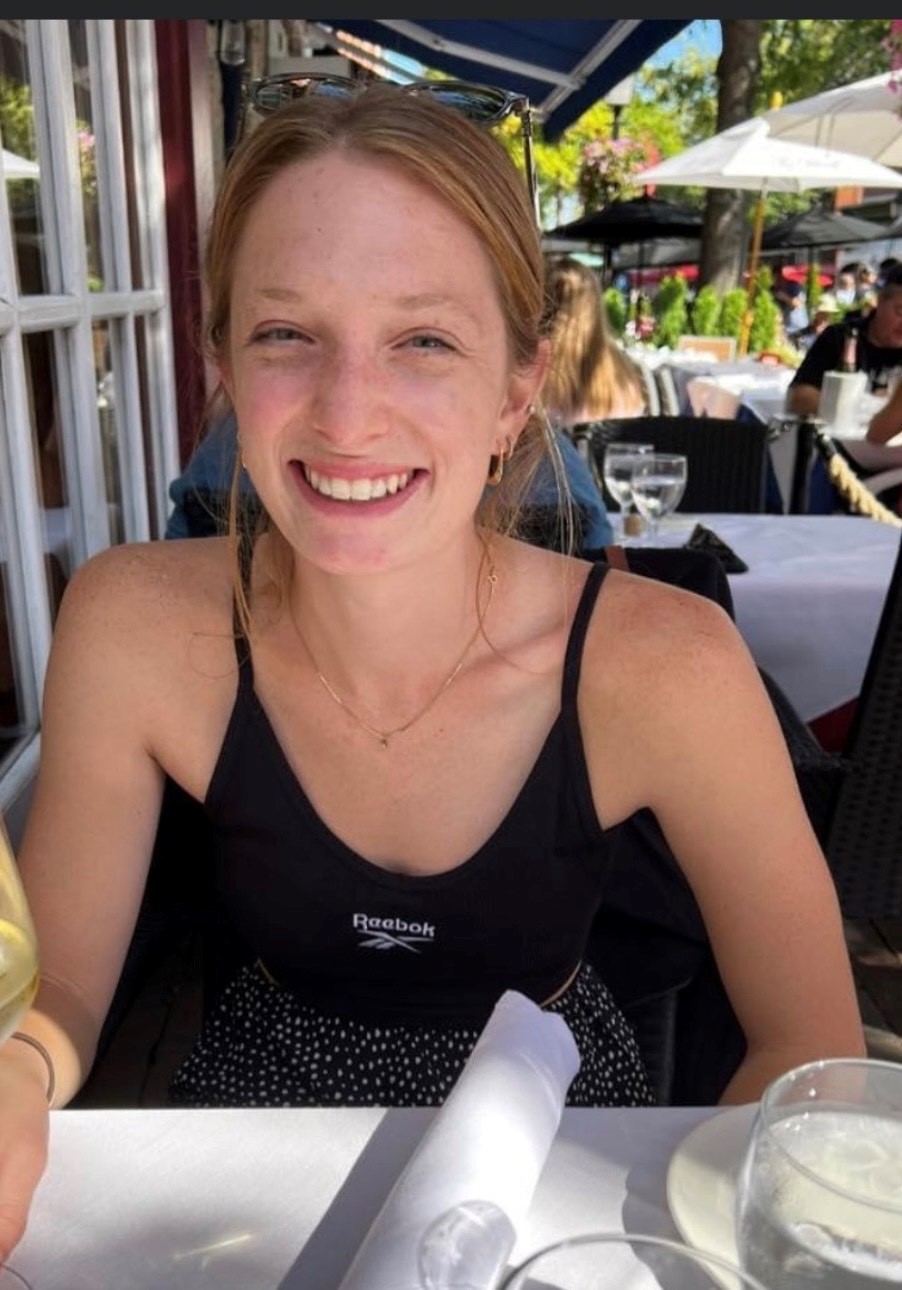
Erin Kastar
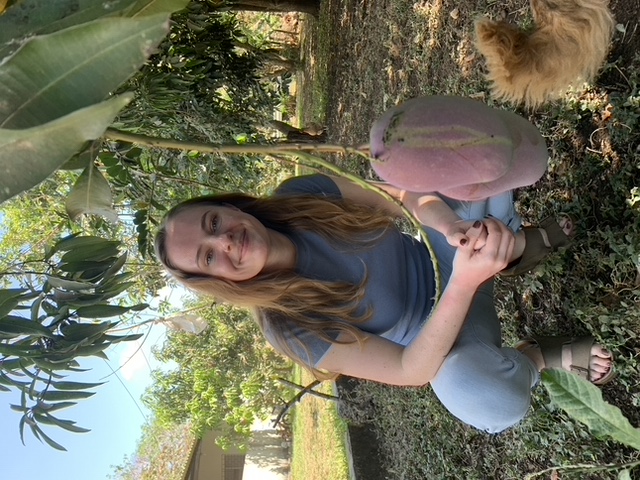
Erin Ramos (Kastar) co-mentored by Jessica J. Connelly and Alev Erisir in the Department of Psychology. She studies the epigenetic and neuroanatomical regulation of social behavior in the prairie vole. Specifically, Erin is interested in how the complex hormonal and environmental interactions that occur during the peripartum period alter neuronal circuitries in the maternal brain. Using epigenetic, immunohistochemical, and behavioral techniques she employs an interdisciplinary approach to understanding complex phenotypes such as variations in maternal behavior. When she’s not in the lab, Erin enjoys hiking, traveling, and spending time caring for her plants..
Keric is studying constraints of adaptation in the Galloway Lab using the study system Campanula americana. His research focuses on how microevolution and environment interact to shape range-wide patterns of adaptation and species distribution using experimental gardens, genomics, and simulations. When not in the lab or out in the field, Keric enjoys rock climbing, cooking, and botanizing.
Keric Lamb
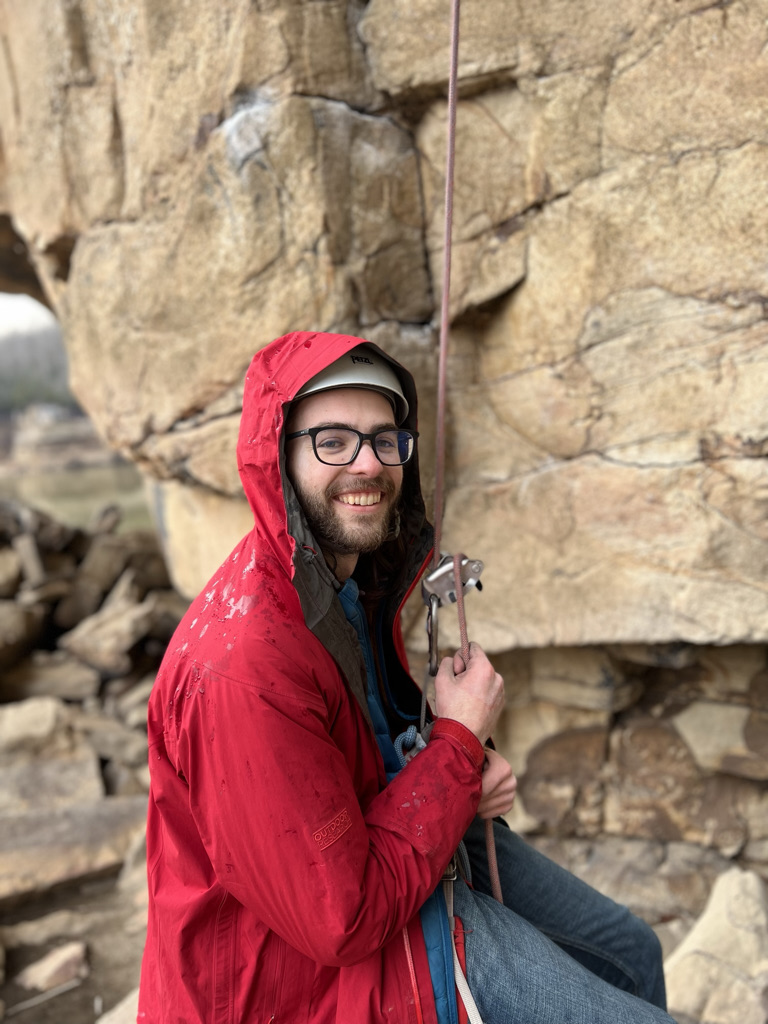
Sarah McPeek
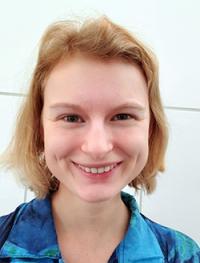
Sarah McPeek is a 4th year Evolution, Ecology, and Behavior PhD candidate in Butch Brodie's lab. She studies how multiple species interactions can shape each other via ecological and evolutionary effects on a shared partner species. In particular, she investigates the interplay of toxin synthesis and nectar production in the neurotoxic wildflower, fly poison, to understand how the plant's resource traits affect interactions with pollinators and herbivores.
Sarah was selected as Biology's Distinguished Teaching Fellow for Spring 2024.
Sarah is also an impassioned science communicator who shares hers and others' science broadly through teaching, writing, and podcasting.
Connor Murray is studying evolutionary genetics in the Bergland lab at the University of Virginia. His research examines how species adapt to environmental variation across natural ecosystems. He conducts most of his research using experimental mesocosms and bioinformatics to identify the genetic architecture of traits determining the survival of wild Daphnia populations. In his spare time, Connor can be found hiking or running and is an avid painter.
Connor Murray
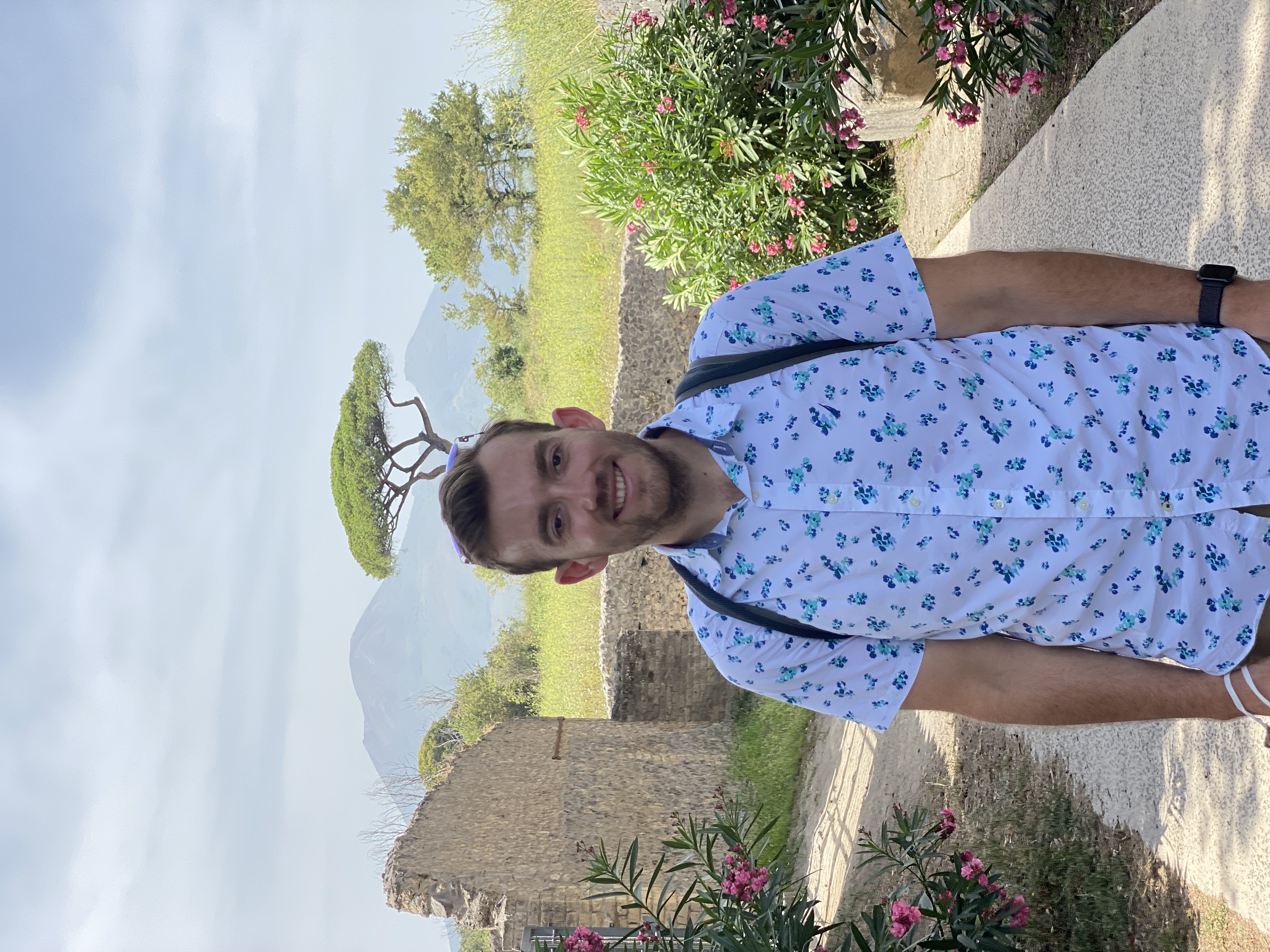
2021-22 Fellows
Clare Rodenberg
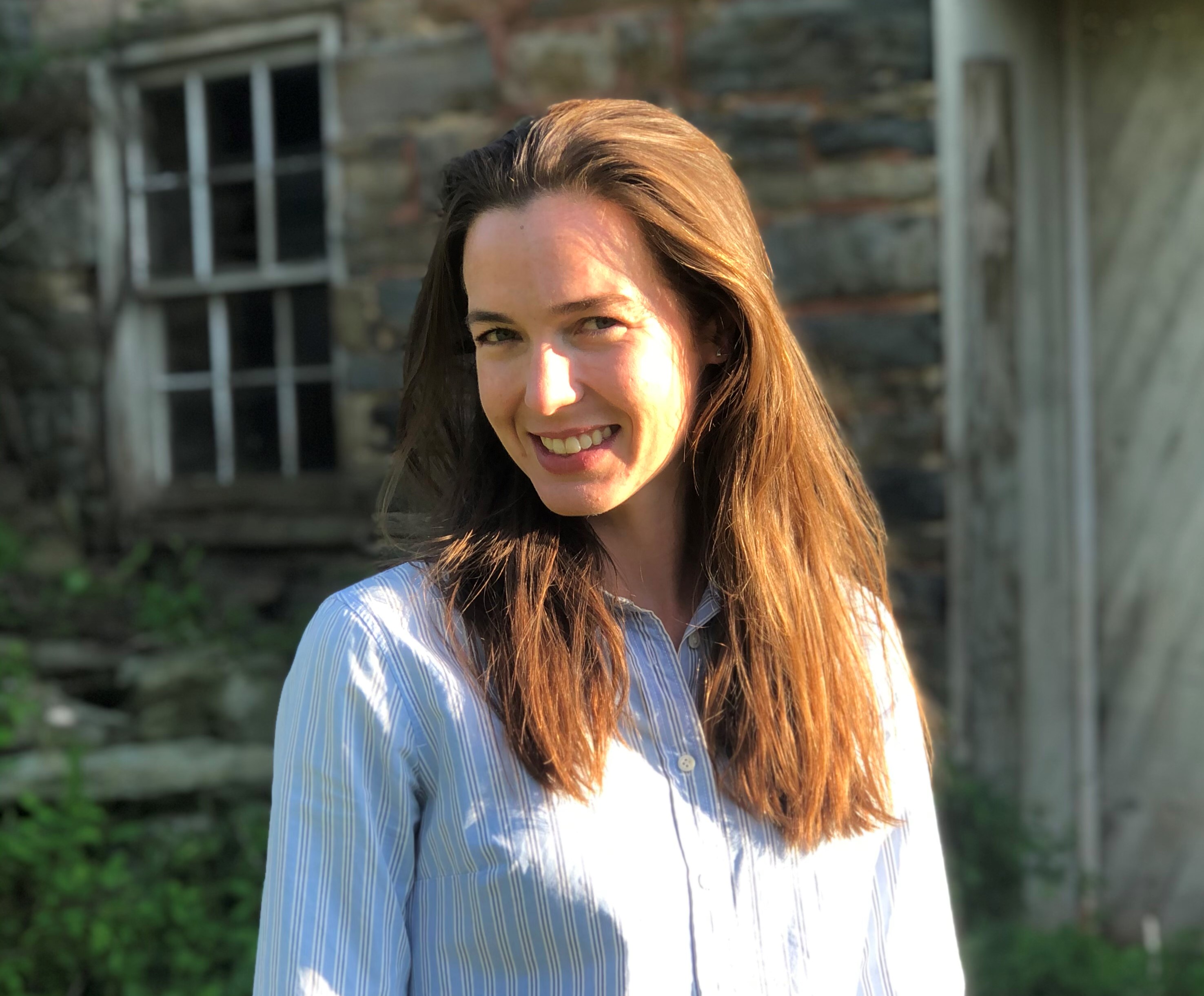
Clare Rodenberg is a Ph.D. Candidate in the Environmental Sciences Department. Her research focuses on investigating how climate influences the invasive spread of the gypsy moth, a nonnative forest insect pest in North America. She is particularly interested in understanding how different climatic regimes relate to different rates of gypsy moth range expansion. During her Ph.D. she will study the ecological and evolutionary consequences of unsuitable climatic conditions on gypsy moth development and their population dynamics.
Chris Robinson is a 3rd year PhD candidate in Bob Cox’s lab at the University of Virginia. He is interested in how gene regulation evolves across species, allowing for the development of different phenotypic patterns. His work uses hormonal manipulations, transcriptomics, and cellular imaging to understand how traits are gained and lost among closely related species. Chris loves to run and believes that this hobby is advantageous for being a capable lizard catcher!
Chris Robinson
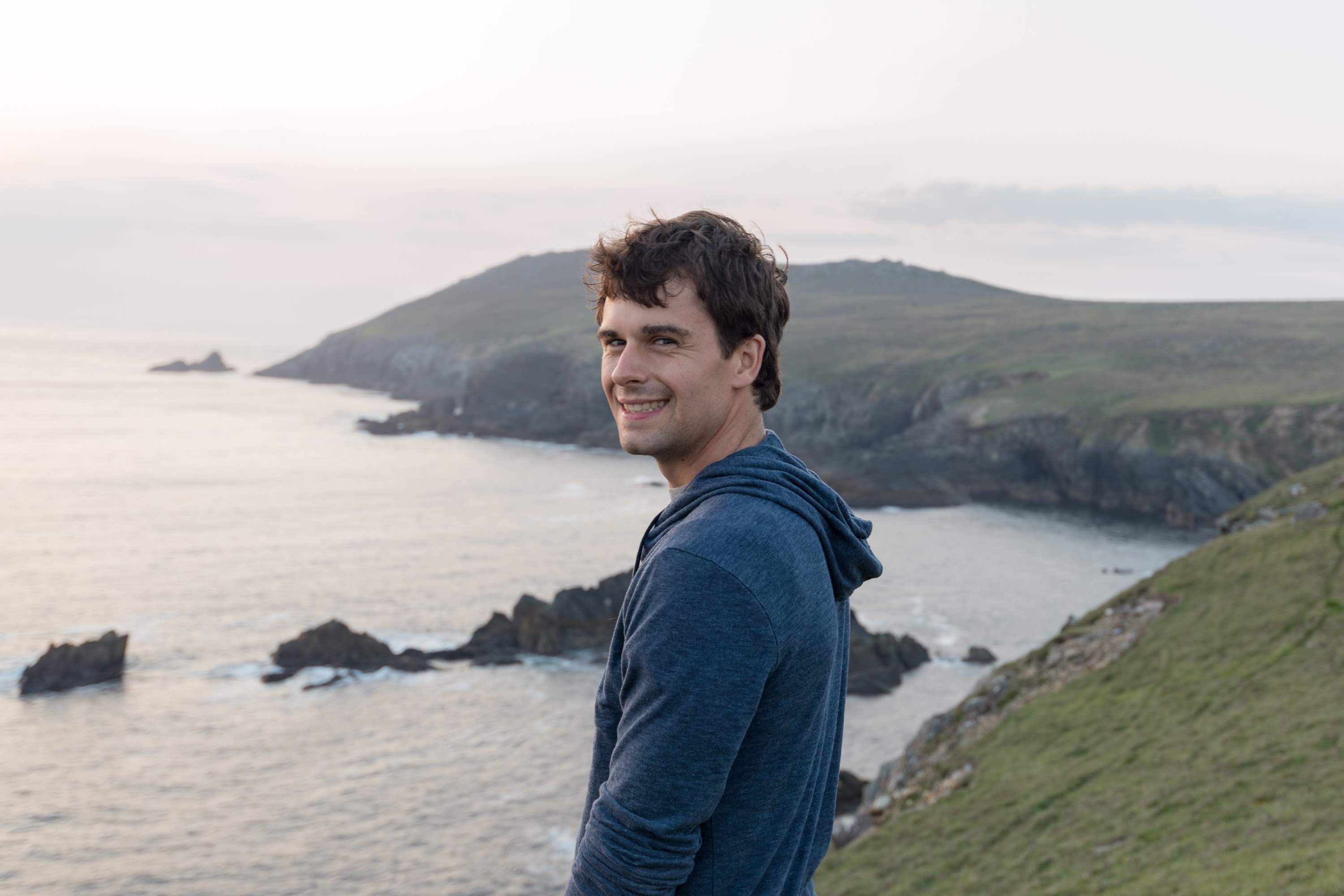
Kelsey Huelsman
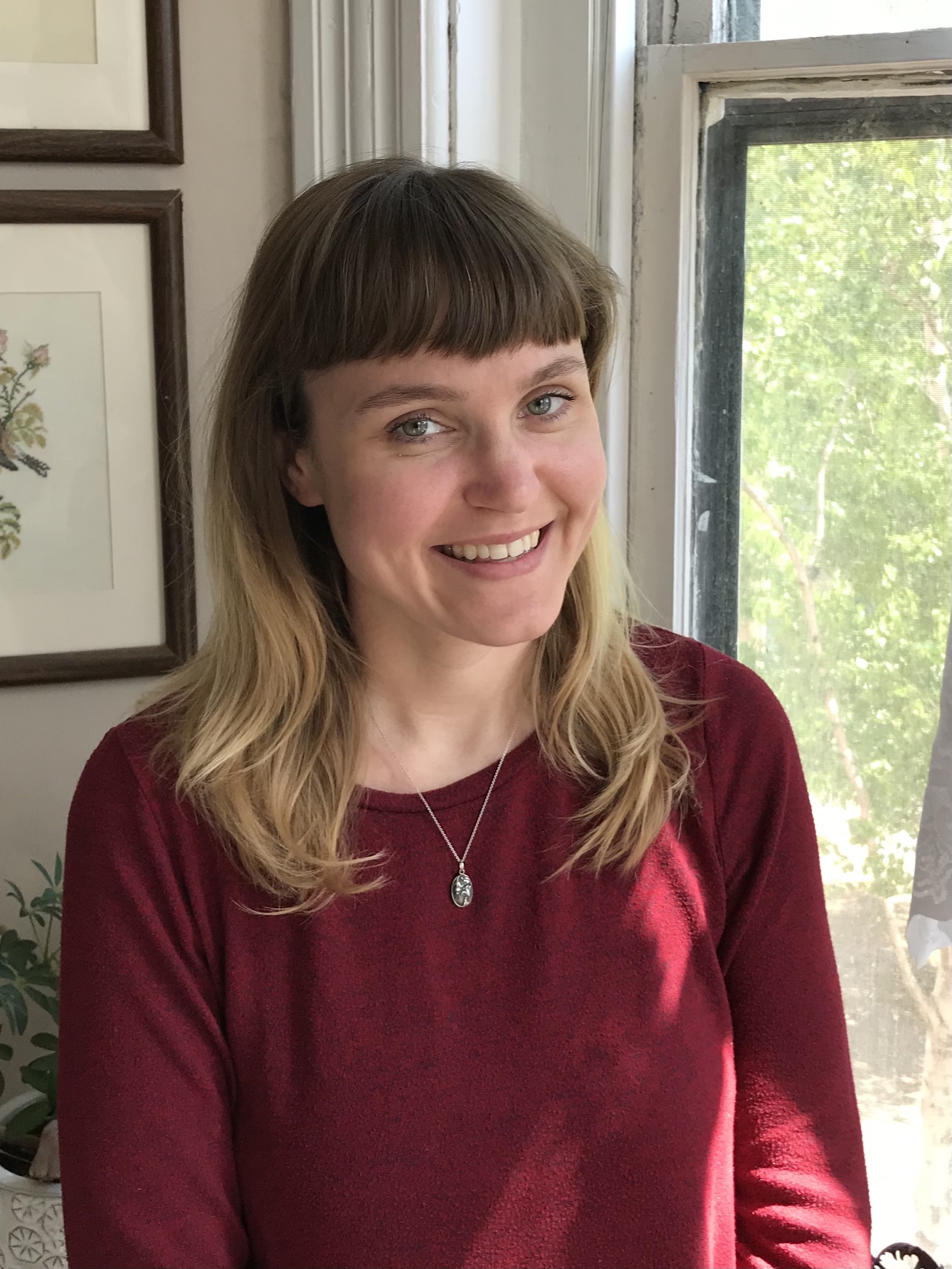
Kelsey Huelsman is a third-year doctoral student in the Department of Environmental Science at the University of Virginia. Her current research at Blandy Experimental Farm in northwestern Virginia is focused on remote sensing of plants and their characteristics, with applications to aid both land managers and ecologists. Her research utilizes a novel approach of collecting hyperspectral imagery using a drone. Prior to beginning her Ph.D., she earned an M.S., studying ecosystem functions in plants and soils. In her spare time Kelsey enjoys gardening, cooking plant-based meals, and playing tennis.
Merci Best is a Ph.D. candidate in the Department of Pharmacology studying Alzheimer's disease under the co-advisors Drs. George Bloom and James "Jim" Mandell. She is also the founder of STEAMKITX, an education start-up that designs science-based educational activities for school-aged children. Her scientific research focuses on interrogating the extent to which the axon initial segment, a neuronal barrier inside of neurons is involved in the abnormal accumulation of tau, a neuronal protein implicated in Alzheimer's disease and other disorders. Merci aspires towards an interdisciplinary career where she can develop interventions that prevent the onset of neurodegeneration and reimagine STEM education.
Merci Best
Andrew Graves
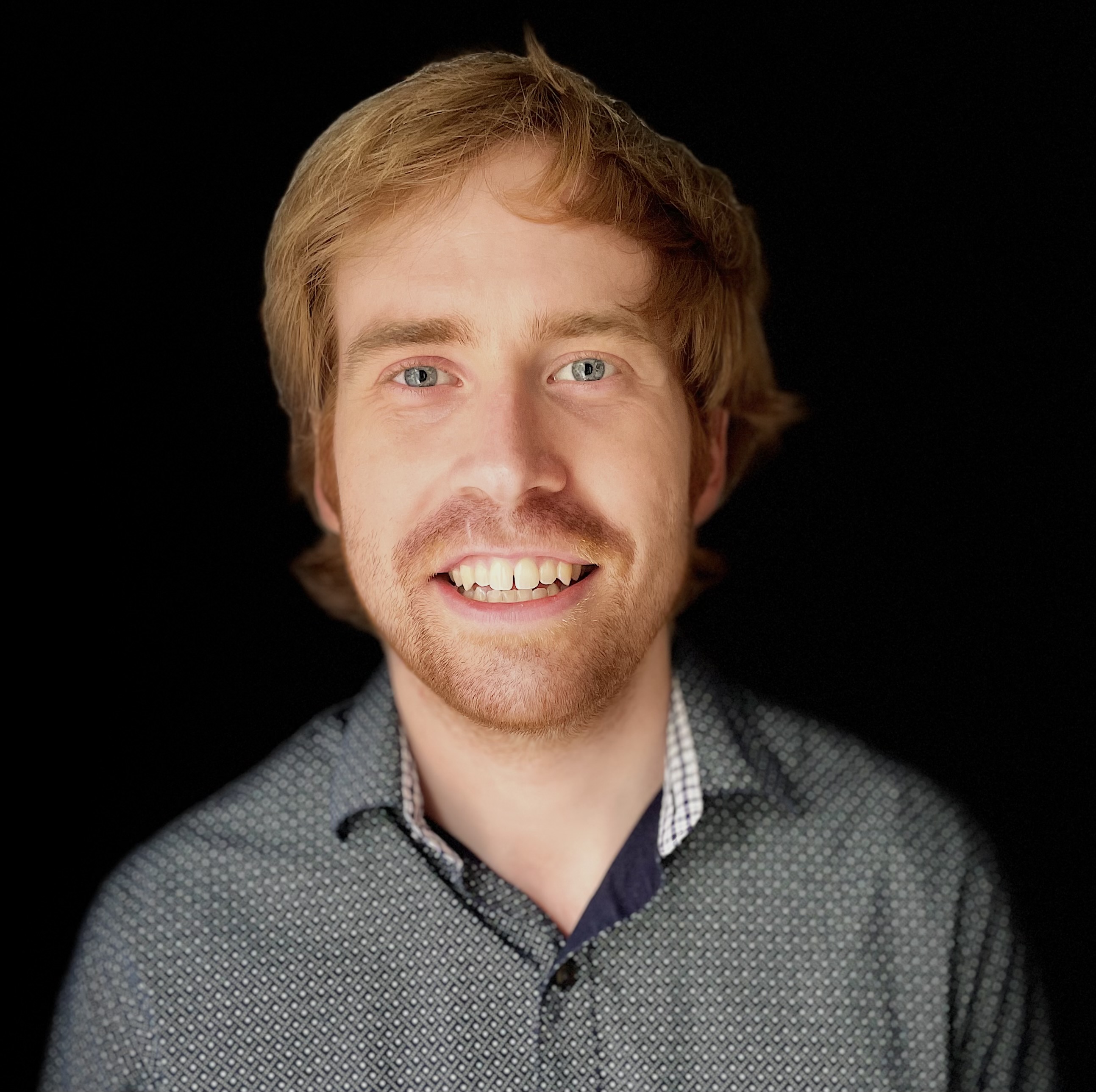
Andrew is a 4th year PhD candidate in the Department of Psychology studying cognitive neuroscience. He is also an alum of UVA’s School of Data Science. Andrew is interested in a wide variety of domains within psychology and neuroscience including learning, memory, and healthy development throughout the lifespan. He believes interdisciplinary approaches from genetics, neuroscience, psychology, and data science can help better characterize and understand the complexities of these and other phenotypic systems. Andrew’s quantitative research interests include efficient dimension reduction, reinforcement learning, and network modeling. In his spare time, he is an avid drummer and an aspiring keyboardist!
Taylor Nystrom is a 2nd year PhD candidate working on a collaboration between the Bergland and Siegrist labs in the Biology department here at UVA. She is studying how nutrition and naturally occurring genetic variation interact to affect neurogenesis and neuronal composition in the adult brain. She is using classic developmental techniques to study neurogenesis in natural populations of fruit flies and is excited to learn about neurogenesis in a natural context! When she is not moving flies from one place to another, Taylor enjoys rock climbing, reading, and watching plants grow.
Taylor Nystrom
